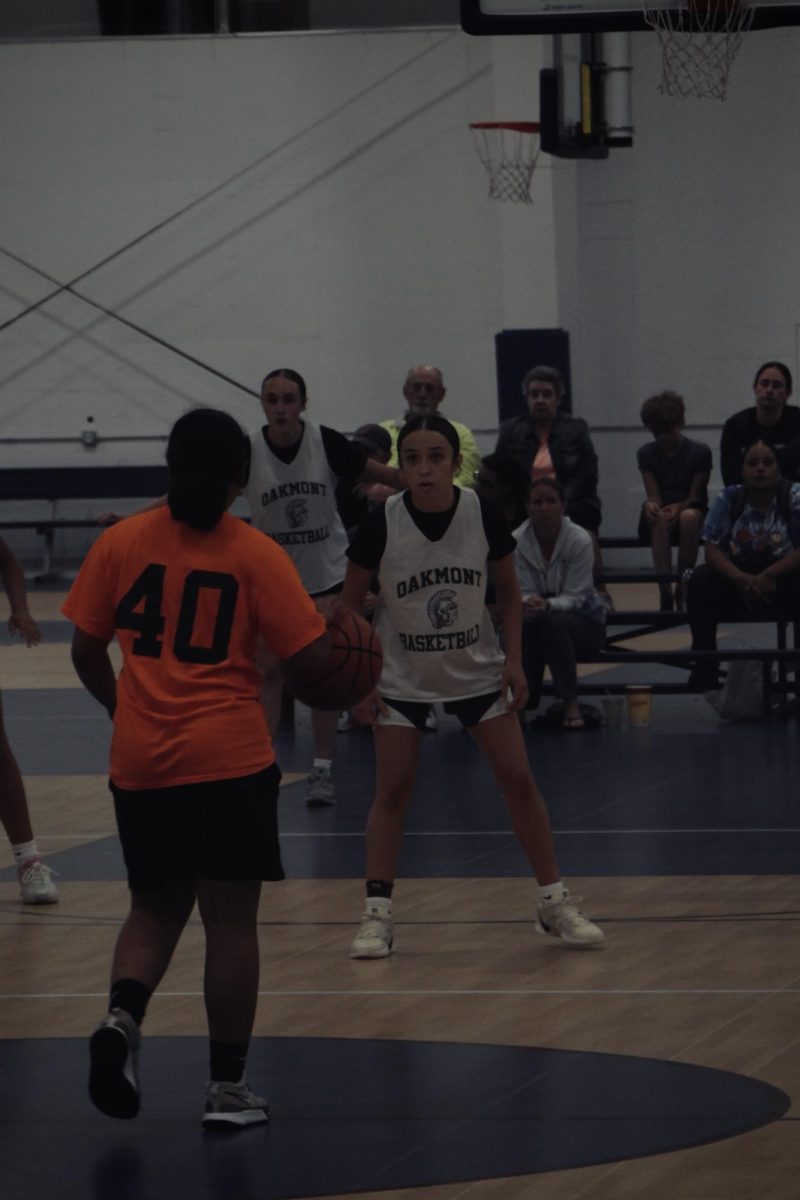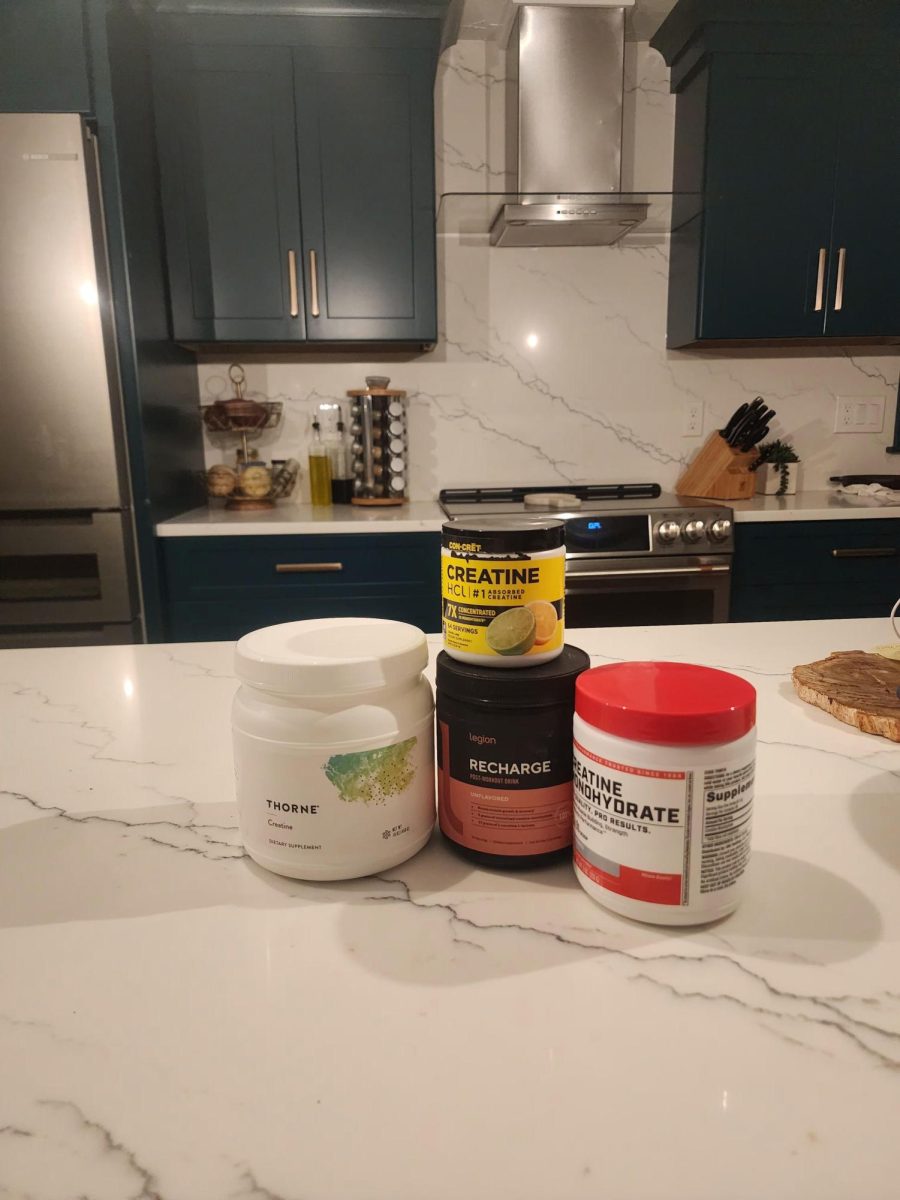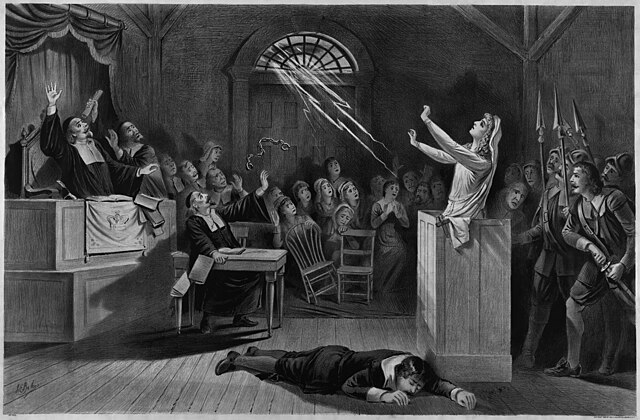Being an Athlete takes a lot of courage. Working out consistently, keeping your mental and physical health stable, and being a student athlete can also be hard because of your grades and not getting into trouble at school. It’s a time commitment balancing athletics and more responsibilities.
An athlete takes on a lot of responsibility. Although it does help with being stronger, being in better shape, and condition, it causes a high risk of being injured.
Mental strains, which are physiological stress, can impact a person’s well-being, like increasing anxiety, emotional distress, mood swings, frustration, irritability, difficulty concentrating, and physical symptoms of headaches and muscle tension.
They also impact physical performance and increase the risk of being injured. Self-doubt and comparing themselves to others, and also doubting the abilities that they have, is a mental toughness that is hard to control.
Brody Lemay talked about what was difficult when being an athlete saying, “The hardest part about being an athlete is finding time to do other things like schoolwork and spending time with friends and family,” Brody said.
More than 3.5 million kids get injured, and 40% professional athletes experience injuries. Many kids get hurt from improper training or doing too many activities in sports at a young age, like gymnastics. For example, this can cause stunted growth, which can make you stop growing for your age.
Professional athletes mostly get injured from improper training and poor technique. When your body gets older, it takes a lot longer and harder for it to heal because the body’s mechanisms are slow. Sudden movements can lead to ligament tears like Achilles and ACL.
Brody also thinks about injuries often, “I think about injuries because if I break something, then I can’t play. After receiving an injury, it can make me think about it happening again,” he said.
It’s a lot of pressure because many people rely on you. For example, being a captain on your team is hard because you’re a leader, and no matter what, they need you. If the captain ends up getting hurt, most of the people on the team will always have that bad mental toughness, thinking that they’re gonna lose, which causes pressure.
One of the biggest negative impacts on an athlete is depression. Depression can cause loss of interest, hopelessness, and not being motivated to do anything as much as you used to. Anything can impact people’s mental health in general, also because of trauma, medical conditions, stressful life events, etc.
After a bad game or practice, it can negatively impact how you play and your mental health.
The scariest part about being an athlete is having a cardiac arrest, even for younger athletes. These cardiac arrests are often caused by the buildup of fats and other substances in and on the walls of the heart arteries, but you can lower the risks with medical treatment.
It’s very hard to focus on mental health, academic, and personal life, and not think about getting injured, but always have a positive mindset and strong sportsmanship.
Although being an athlete is scary, enjoy it because it sets you up for new challenges and realistic goals.

















Carly Dufresne • Oct 24, 2025 at 1:38 pm
Great article!